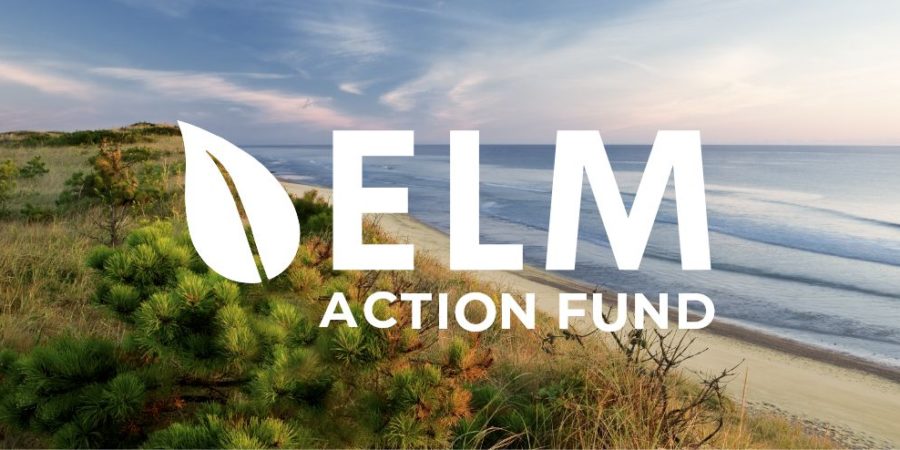This week representatives from the Department of Energy Resources (DOER) presented the latest version of a new solar power incentive program. The DOER presentation, before hundreds of renewable energy stakeholders, outlined what will be the successor to the previous solar incentive program (SERC II). The goal of the new program, named the Solar Massachusetts Renewable Target (SMART), will be the procurement of 1,600 MW of new solar capacity. SMART is similar in concept to programs in other states and countries. ELM works with solar advocates and the Massachusetts government to ensure solar power continues to grow in the Commonwealth.
Highlights
Under the SMART program, solar energy resources will receive long-term (10 years for smaller projects, and 20 years for larger), fixed-price compensation. Essentially, each SMART solar project will receive a known revenue stream depending on its characteristics. This is intended to provide certainty for solar developers. Unlike the SREC II program’s potentially volatile market-based compensation scheme, SMART revenue will be known over the life of the project.
The design of the program allows for additional revenue to be available to projects built in geographically desirable locations like brownfields, landfills and parking lot canopies. More revenue adders are available for projects built to serve low-income customers and projects built with energy storage technology. If solar projects are built on previously undeveloped land, not zoned for commercial development, the compensation rate will be reduced.
Total compensation will decline over time matching the declining cost of solar panels. Projects up to 5 MW can qualify to participate in SMART. Unlike the SREC II program, there is no limit to the amount of solar development in a particular utilities’ service territory.
Next Steps
DOER will issue a formal regulatory proposal, and they intend to do this in March, 2017. The Department of Public Utilities will also initiate a proceeding to finalize certain elements of the SMART program. It is anticipated that SMART will go into effect in early 2018 and elements of the SREC II program will be extended to allow development of large solar programs between now and next year. ELM will continue its strong advocacy in favor of solar power, and will work to ensure the SMART program provides sufficient incentives to keep Massachusetts a leader in solar power.
